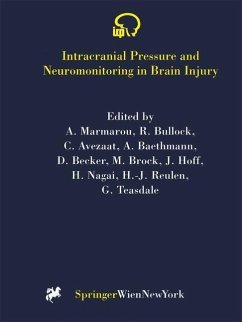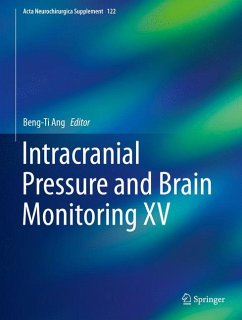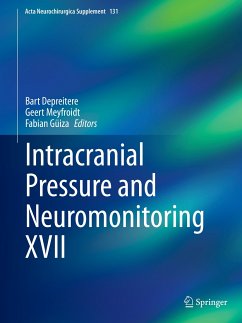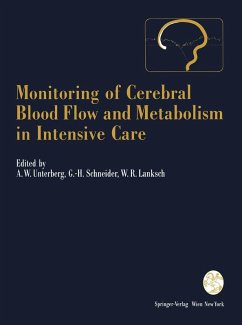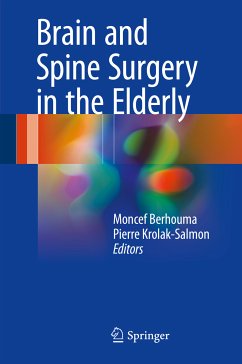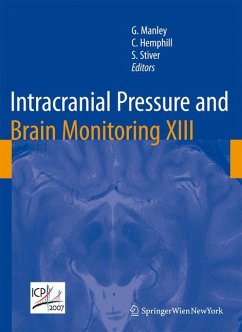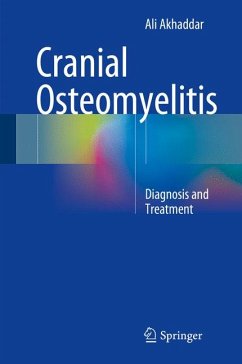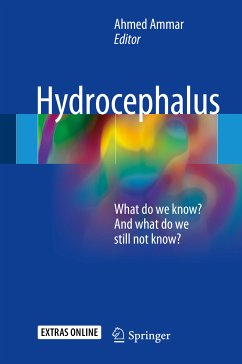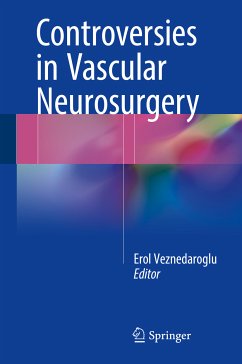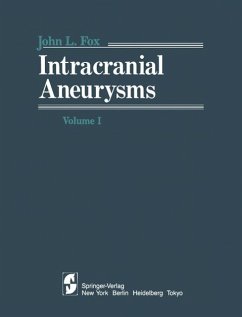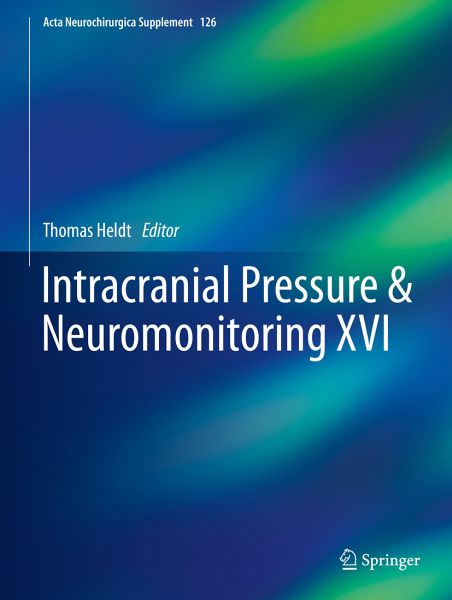
Intracranial Pressure & Neuromonitoring XVI (eBook, PDF)
Versandkostenfrei!
Sofort per Download lieferbar
128,95 €
inkl. MwSt.
Weitere Ausgaben:

PAYBACK Punkte
64 °P sammeln!
This book introduces the latest advances relating to the pathophysiology, biophysics, monitoring and treatment of traumatic brain injury, hydrocephalus, and stroke presented at the 16th International Conference on Intracranial Pressure and Neuromonitoring (the "ICP Conference"), held in Cambridge, Massachusetts, in June 2016 in conjunction with the 6th Annual Meeting of the Cerebral Autoregulation Research Network. Additionally, the conference held special sessions on neurocritical care informatics and cerebrovascular autoregulation. The peer-reviewed papers included were written by leading ex...
This book introduces the latest advances relating to the pathophysiology, biophysics, monitoring and treatment of traumatic brain injury, hydrocephalus, and stroke presented at the 16th International Conference on Intracranial Pressure and Neuromonitoring (the "ICP Conference"), held in Cambridge, Massachusetts, in June 2016 in conjunction with the 6th Annual Meeting of the Cerebral Autoregulation Research Network. Additionally, the conference held special sessions on neurocritical care informatics and cerebrovascular autoregulation. The peer-reviewed papers included were written by leading experts in neurosurgery, neurointensive care, anesthesiology, physiology, clinical engineering, clinical informatics and mathematics who have made important contributions in this translational area of research, and their focus ranges from the latest research findings and developments to clinical trials and experimental studies. The book continues the proud tradition of publishing key work from the ICP Conferences and is a must-read for anyone wishing to stay abreast of recent advances in the field.
Dieser Download kann aus rechtlichen Gründen nur mit Rechnungsadresse in A, B, BG, CY, CZ, D, DK, EW, E, FIN, F, GR, HR, H, IRL, I, LT, L, LR, M, NL, PL, P, R, S, SLO, SK ausgeliefert werden.



